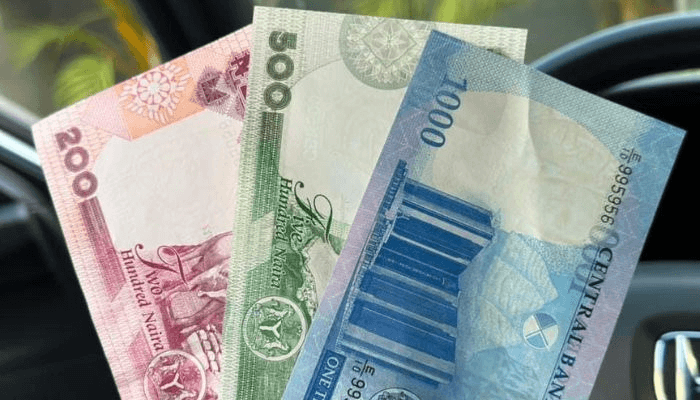Total trade in goods and services (exports plus imports) between the UK and Nigeria rose by 78.2 percent (or £3.3 billion) to £7.5 billion in the four quarters to the end of Q4 2022, from the four quarters to the end of Q4 2021, according to data from UK’s Trade and Investment Factsheet.
Britain’s export finance agency in 2018 said it would add the naira to its list of “pre-approved currencies”, allowing it to provide financing for transactions with Nigerian businesses denominated in the local currency.
The naira will become one of three West African currencies that UK Export Finance has pre-approved for its programme of funding transactions that promote trade with Britain, it said.
Of this £7.5 billion, total UK exports to Nigeria amounted to £4.3 billion in the four quarters to the end of Q4 2022 (an increase of 58.8 percent or £1.6 billion in current prices, compared to the four quarters to the end of Q4 2021).
Total UK imports from Nigeria amounted to £3.1 billion in the four quarters to the end of Q4 2022 (an increase of 114.4 percent or £1.7 billion in current prices, compared to the four quarters to the end of Q4 2021).
Nigeria was the UK’s 38th largest trading partner in the four quarters to the end of Q4 2022 accounting for 0.4 percent of total UK trade.
In 2021, the outward stock of foreign direct investment (FDI) from the UK in Nigeria was £3.4 billion accounting for 0.2 percent of the total UK outward FDI stock. In 2021, the inward stock of foreign direct investment (FDI) in the UK from Nigeria was £806 million.
Responding to Britain’s acceptance of naira as one of the pre-approved currencies, Muda Yusuf, chief executive officer of the Centre for the Promotion of Private Enterprise, said this is about export financing like the U.S EXIM bank model.
He said it gives room for UK trade agencies to finance imports from the UK in Naira. Yususf said one of the advantages of this export financing is that “you will be protected from foreign exchange risks.
When contacted, an automatic message from the UK government office said, “Hello, currently out of office (OOO) covering a project please expect a delayed response.”
Uche Uwaleke, professor of Capital Market at the Nasarawa State University Keffi, the UK Export Finance agency pre-approved status for the naira will have some positive spin-offs on the Nigerian economy.
He said it will enhance the financial position of small and medium enterprises as foreign exchange risk associated with international trade is minimized thus eliminating a major source of uncertainty over debt servicing cost of credit facilities. What this means is that business enterprises are in a stronger position to negotiate better terms with their banks in Nigeria and avoid variable debt service costs linked to fluctuations in exchange rate.
“Again, since the bank in Nigeria will receive a guarantee for full repayment of the loan, it will help to improve the quality of risk assets of Nigerian banks and hence enhance financial systems stability. The expected increase in Foreign Direct Investments could bring about transfer of technology to small businesses in Nigeria. Overall, this UK Export Finance pre-approved status for the naira has the potential for strengthening economic ties between Nigeria and Britain as it will provide a vehicle for a significant increase in trade and investment between both countries,” Uwaleke said.
Be that as it may, while applauding this UK Export Finance privileged status for the naira, it is important to bear in mind that the UK’s export credit agency is a ministerial department of the UK government that works alongside the Department for International Trade whose primary role is to help the UK companies win export contracts by providing attractive financing terms to their buyers. It is clear therefore that this seeming privileged status for the naira is first and foremost about British interest,” he said.
According to him, it is easy to see why Nigeria is among the priority markets in West Africa. The economic reforms put in place by the new government, especially the unification of exchange rates and the favourable crude oil price all point to a positive outlook for the country’s economy with the potential to support UKEF’s business volumes. At present, Britain appears to be losing out to China whose share of business with Nigeria has been on the rise and is hoping that this measure will help boost the UK exports to Nigeria.
“Given that this deal has implications for Nigeria’s rising public debt since the UK Export Finance will coordinate the advance of loans to businesses and entrepreneurs for the purchase of goods made in Britain, the government should put in place mechanisms to ensure that loans are essentially for infrastructure-related projects. The government should also firm up measures already in place to guard against dumping as this development promises to ease import of goods from the UK. In this new deal, the interest of Britain should go beyond export promotion to helping Nigeria create the enabling environment for a private sector-led inclusive growth,” he said.
Credit: Business Day






Leave a Reply